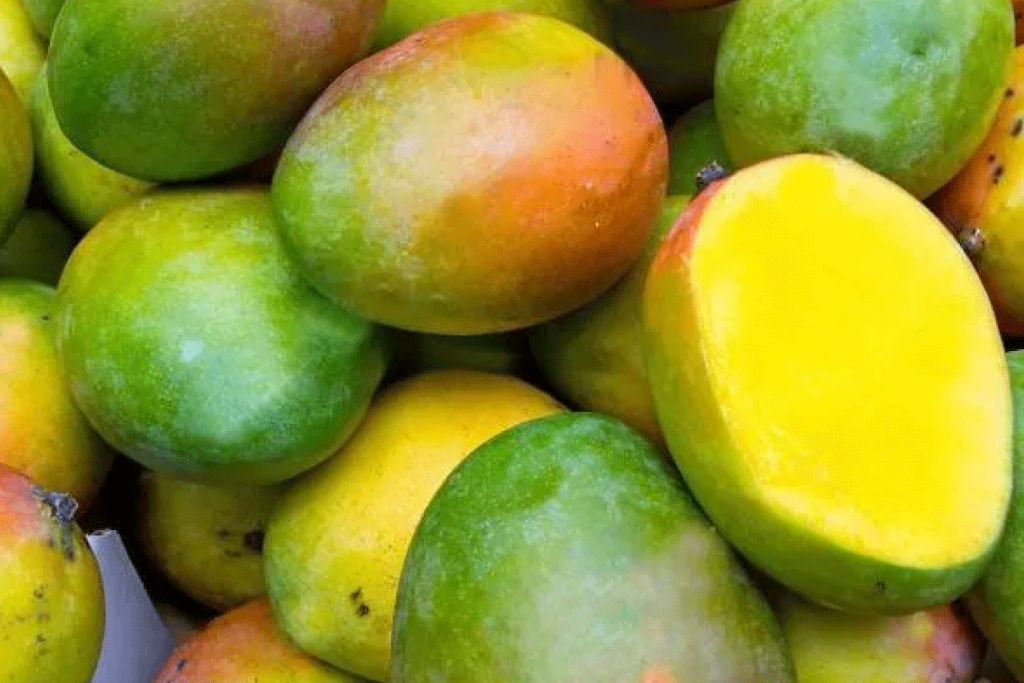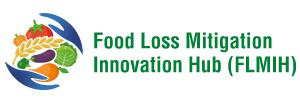
Project Description
At present, most of the mango production is consumed locally, with less than 0.3% being exported. In 2022, the exports of mangoes (including Guava and Mangosteen) were 569 tonnes. Based on the ITC data, over 62% of fresh mango exports went to five countries, with the United Arab Emirates (UAE) being the major importer (20.5%). Regrettably, Sri Lanka has a negligible market share as an exporter (0.02% in quantity terms and 0.1% in value terms). The Sri Lankan mango industry, led by the Lanka Fruit & Vegetable Producers, Processors and Exporters Association (LFVPPEA) plans to change this situation. Farmer training and enhanced quality awareness are among the priorities of this plan.
A key aspect of training is quality awareness and understanding of challenges in producing fruit for export. While enhancing industry profitability, it would also offer a pathway to reduce current levels of food loss and waste associated with mango production and trade in Sri Lanka. This action research study involved transferring and disseminating know-how through a district-level one-day training programme of carefully selected 293 lead growers working with exporters and large marketing and processing enterprises in 13 selected leading mango growing districts. Moreover, 51 other stakeholders from the DOA and the private sector were also included in district-level training programmes.
Expected Outcome
By understanding the intricacies of socio-economic dynamics, addressing challenges, and leveraging opportunities, we hope to pave the way for a future where mango cultivation not only sustains livelihoods but thrives as a beacon of agricultural excellence. Through this exporter, large enterprises, lead farmers and small farmers linked business model of the mango value chain, it’s expected to enable the mango growers in Sri Lanka to update their technical knowledge, implement best practices, and gain linkages to dynamic markets. The final expected outcome is to convert the mango sector to a high-potential export-oriented production sector while enabling the farmers to offer a high-quality product in adequate volumes to local market segments as well as to the processing industry.
Publication
Kariyawasam, T., Idirisinghe, C., Thibbotuwawa, M., and Mallawaarachchi, T. (2024). “Bridging the Knowledge Gap for Food Loss Mitigation in Mango: Mango Farmer Training Programme (MFTP)”. FLM Briefing No 4. ACIAR Food Loss Mitigation Project. Institute of Policy Studies of Sri Lanka, Colombo
